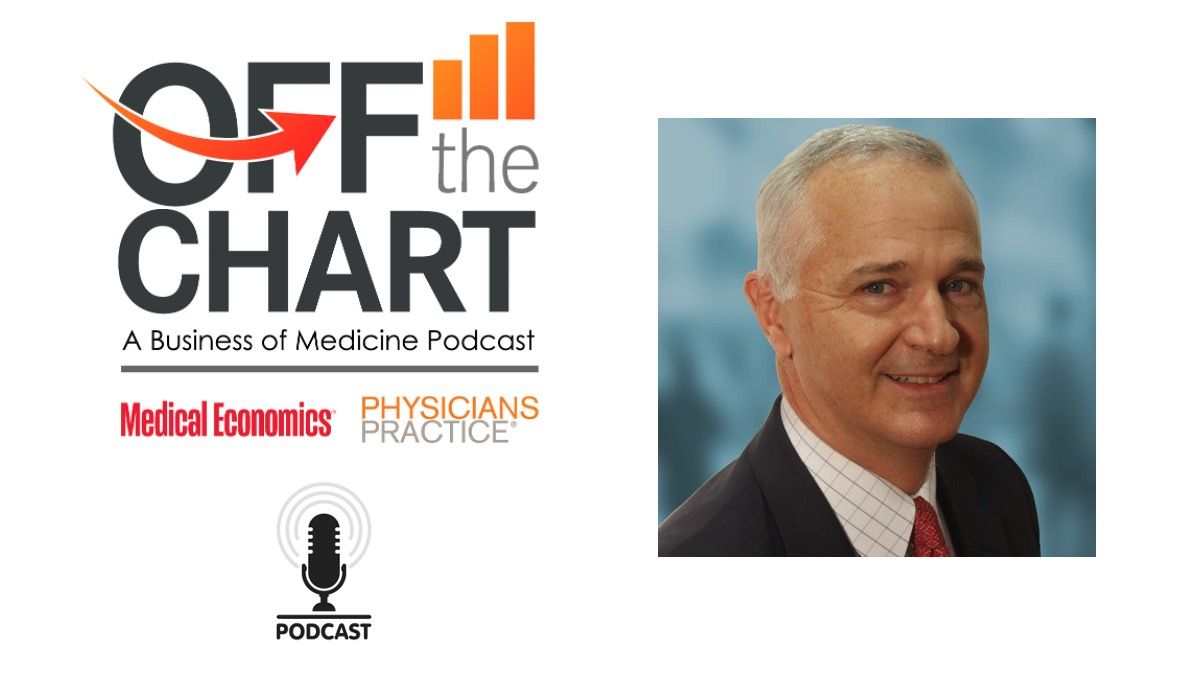Article
Malpractice Consult
"Take two worts, and call me in the morning"
Q: I'm an internist. Several patients have recently askedwhether to take St. John's wort and Ginkgo biloba. I'm uncomfortableanswering because I don't know a lot about alternative medicine.What's my liability if there's an adverse reaction?
A: This kind of question will become more and more important.The market for over-the-counter herbal treatments is estimatedat $3.5 billion a year, and it's growing fast. Herbs such as echinacea,St. John's wort, feverfew, and ginseng are widely available inmainstream pharmacies and food stores. Studies have found thatas much as 40 percent of the population has tried some form ofunconventional therapy. It's incumbent on physicians to familiarizethemselves with this branch of alternative medicine so they canoffer appropriate advice.
The liability picture is still evolving, and there isn't muchcase law as yet. Part of the problem is that herbal preparationsare classified by the Food and Drug Administration as dietarysupplements. It is left to the manufacturers to provide evidencethat they're safe; neither scientific data nor reviews by regulatoryagencies are required.
Thus, there's no guarantee that a supplement contains whatits label says. Because herbal products are sold as foods andare considered "natural," they are also considered safe.However, herbals contain many different components and may interactdifferently, depending on how they are harvested and processed.
Popular herb preparations have some documented side effectsand drug interactions, but to date, there have been few long-termclinical trials. Ginkgo biloba, given in combination with plateletinhibitors such as aspirin, is known to have caused spontaneousbleeding into the anterior chamber of the eye. There is also theremote possibility of hypertensive crisis if ginkgo is used invery high dosage. St. John's wort may interact with certain serotoninreuptake inhibitors, and the popular feverfew can produce GI problems.
Where can you acquire information about the most common herbalmedications? Alternative medical therapeutics have been incorporatedinto the curriculums of more than half the medical schools, whileprominent hospital centers have started programs on holistic orcomplementary medicine. PDR for Herbal Medicines, publishedby Medical Economics Co., has summaries of 600 preparations andincludes precautions, adverse reactions, dosage, contraindications,and recommended treatment.
You can decrease your liability risk by asking all patientsabout their use of over-the-counter products, including theseherbal remedies, and documenting their answers. Emphasize thata "natural" product isn't guaranteed to be safe or effective.
If you recommend a nontraditional product or treatment, havean informed-consent discussion with the patient. Tell him howthe treatment differs from conventional therapy. Describe therisks and benefits of the herb, and point out that there havebeen few long-term clinical trials to indicate safety and efficacy.Remind patients of the availability and desirability of allopathicor osteopathic treatments.
Take extra precautions in prescribing or agreeing to the useof herbal therapies for pediatric and geriatric patients; theirrisk of toxicity and side effects is higher. Document in the medicalrecord that side effects were discussed. Monitor results carefully,and record any adverse reactions.
If you believe that an unconventional modality the patient is using is essentially harmless but of little value, explain that to him. On the other hand, if the alternative therapy could be harmful, or if you worry that the patient might forgo needed conventional treatment for a serious condition, you must warn him emphatically. Recommend the care he should seek. If he insists on a course that troubles you, ask him to sign a form acknowledging that he is acting against your medical advice. Be vigilant about monitoring the patient, and be sure to document all your discussions.
"The author is a risk management specialist with Frontier HealthCare of White Plains, NY. This department answers common professional liability questions. It isn't intended to provide specific legal advice. If you have a question, please submit it to Malpractice Consult, Medical Economics Magazine, 5 Paragon Drive, Montvale, NJ 07645-1742. You may also fax your question to 201-722-2688 or send it via e-mail to memalp@medec.com.
Ruth Nayko, RN. Malpractice Consult.
Medical Economics
2000;2:170.





